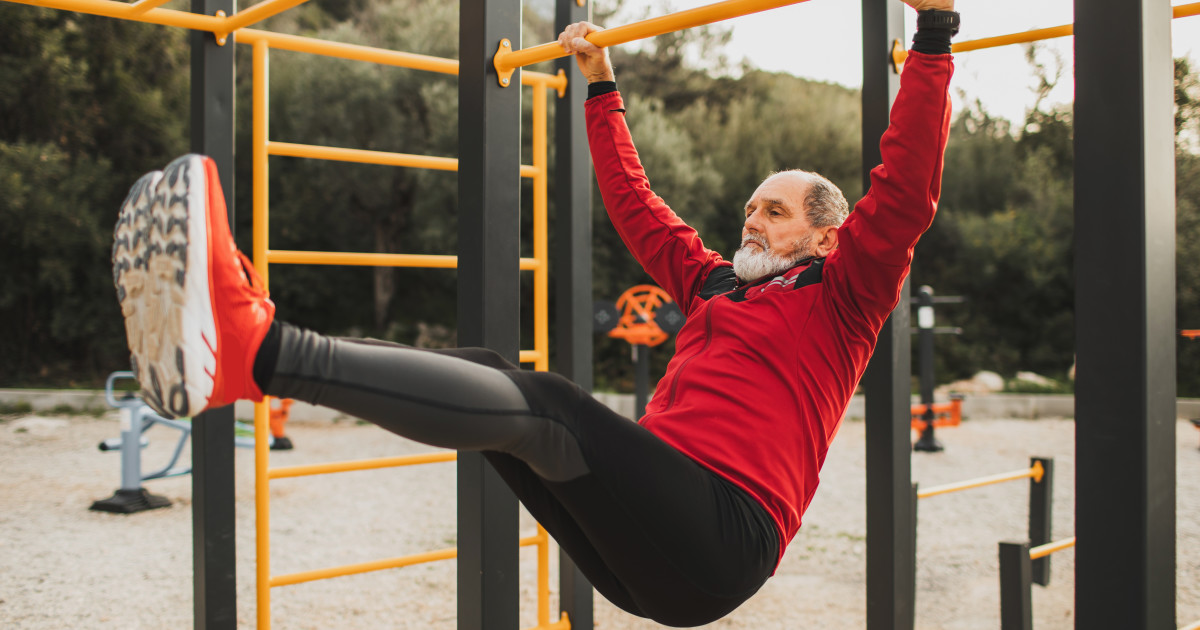Copyright Men's Journal

Age is just a number when it comes to growth, learning, and pushing your limits. A recent Business Insider feature highlighted five older Americans, ages 70 to 90, who took up sports like powerlifting, track and field, swimming, and table tennis well past the age most people assume athletic chapters end. Some never had access to these sports when they were younger, while others stopped due to injury, work, or family life. Yet all of them eventually found their way back to competition. For these senior athletes, staying active has become essential to their well-being and longevity. By now, we all know that exercise is good for us. What may start as a way to improve appearance or athletic performance in youth becomes far more meaningful as we age. Studies have long shown that staying active offers a wide range of health benefits later in life, including maintaining muscle mass and bone density, reducing the risk of chronic diseases, improving balance and mobility, boosting cognitive function, and even extending lifespan. Beyond the physical, regular exercise supports mental health, reduces stress, and improves mood. Of course, staying active the older we get can come with its own challenges, like joint pain, longer warmups, quicker fatigue, and slower progress. But continuing to exercise keeps these senior athletes independent, mentally sharp, socially connected, and physically strong. Take Tom, the powerlifter. He’s challenging himself to 100 pushups a day, trains for powerlifting with coaches, and even leads CrossFit classes. Thelma, the swimmer, goes to the gym twice a week for 45 minutes and works with a swim coach to improve. Carol, the table tennis player, works with a coach and trains at home day and night, mixing resistance bands and light weights. Joy and Daniel, the track and field couple, practice and compete together, pushing each other to new personal bests. Their dedication shows that staying active is less about age and more about mindset and consistency. They don’t let age stop them when they know how much exercise benefits them. So, they adapt, push forward, and continue to reap the benefits in both body and mind. The lessons they offer are simple and universal: “My advice to someone in their 60s or 70s who wants to try something new is [to] go for it. Get some expert advice. Get some coaching.” “Do not have negative people around you.” “It’s not too late to learn. It’s not too late to continue exercising.” “Whatever you want to do in life, just do it and don’t talk about it.” “There’s no end to the things that you could be doing. Commit to something. Find a group. The more you are exposed to the world, the better things are going to be for you. You really stay busy. You know, when you have too much time on your hands, that’s when you start focusing on your aches and pains.” As Carol says in the video, the most challenging thing about taking up a sport later in life is the mental aspect. You have to get over the hump that it’s too late, because it’s never too late. Don’t let age stop you from challenging yourself, staying active, and trying something new.



